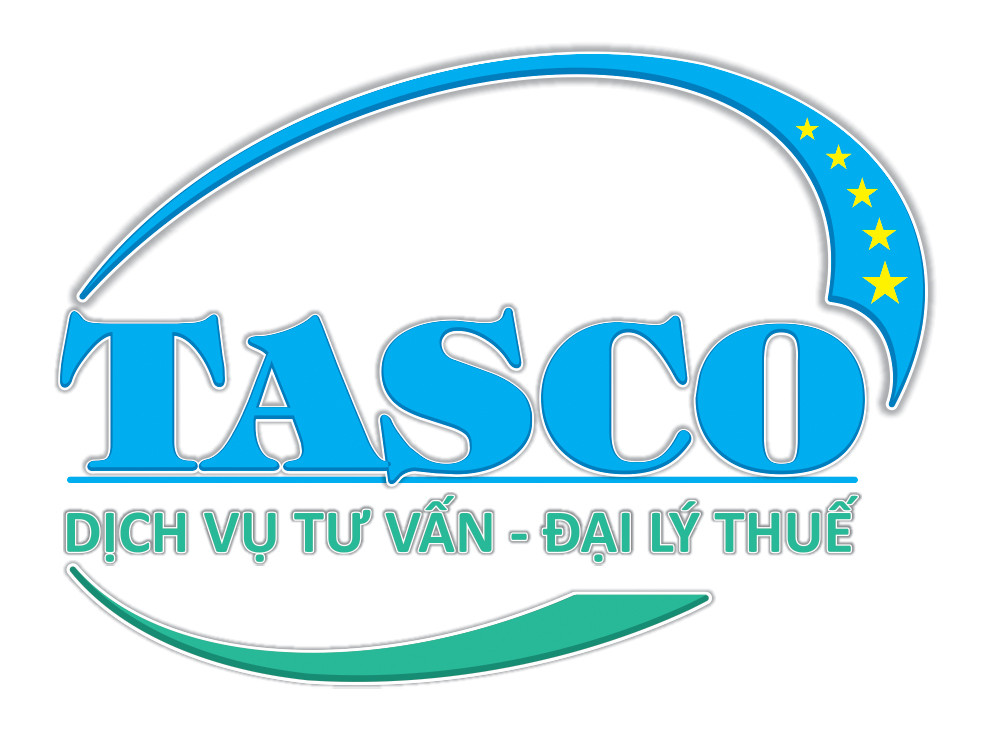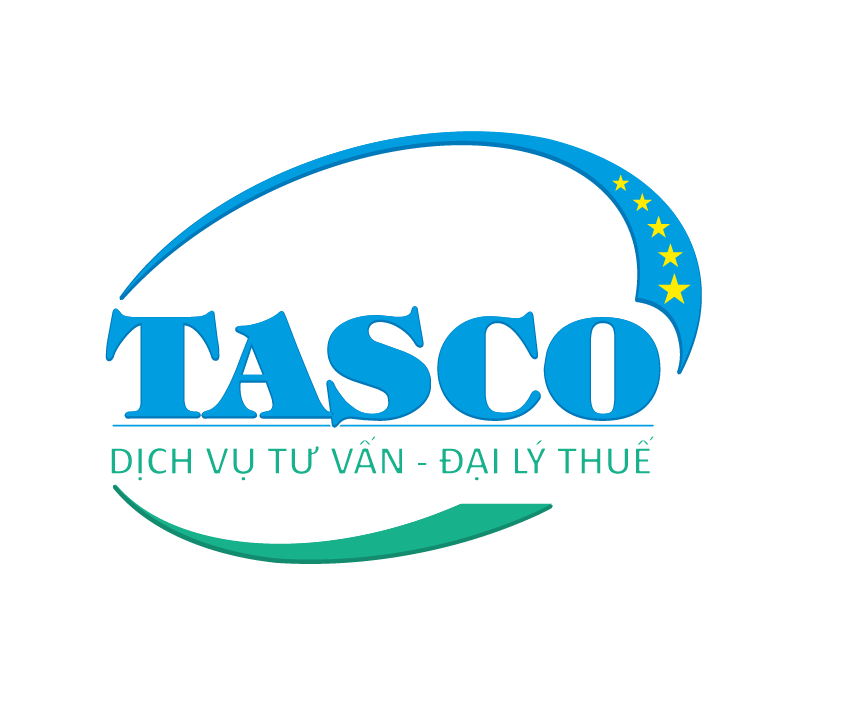The latest regulations on contractor tax
- 19/01/2021 15:48
1. What is contractor tax?
⭐ Contractor tax usually includes VAT and CIT, applicable to foreign entities that do not operate under Vietnamese law and generate income from providing services or services associated with goods in Vietnam.
⭐ The contractor here does not refer to contractors in construction works but refers to service providers or services associated with goods that these suppliers are operating abroad.
⭐ A contractor tax is applied to a number of payments to foreign businesses including royalties, interest, service fees, transportation services, rent, insurance premiums, securities transfers, goods supplied in Vietnam accompanied by services provided in Vietnam.
2. Which cases are subject to contractor tax?
✅ Foreign organizations and individuals supplying goods in Vietnam in the form of on-spot import and export and earning income in Vietnam under contracts signed between foreign organizations, individuals, and enterprises in Vietnam
✅ Distributing goods in Vietnam or supplying goods under Incoterms under which the sellers shall bear risks related to goods that have entered the Vietnamese territory.
✅ A foreign entity that performs part or whole of the goods distribution and service provision business activities in Vietnam in which the foreign organization or individual is still the owner of the goods that are delivered in Vietnam or take responsibility for the cost of distribution, advertising, marketing, service quality for the Vietnamese organization.
✅Foreign organizations and individuals, through Vietnamese organizations and individuals, negotiate and sign contracts via a Vietnamese entity
✅Foreign entity that exercises its right to export, import, distribute the goods in Vietnam, purchase goods for export, and sell goods to Vietnamese traders in accordance with the law on commerce.
3. Which cases are not subject to contractor tax?
⭕ Foreign entity doing business in Vietnam under the Law on Investment, the Law on Petroleum, and the Law on Credit Institutions.
⭕Foreign entity provides goods to Vietnamese entity without accompanying services provided in Vietnam in the form of:
- Delivery at a foreign border checkpoint: the seller is responsible for the costs and risks related to the export of the goods and delivery of the goods at the foreign border checkpoints. The buyer incurs all responsibilities, costs, and risks related to receiving and transporting goods from a foreign border checkpoint to Vietnam.
- Delivery at the Vietnamese border checkpoint: The seller incurs all responsibility, costs, and risks related to the goods until reach the Vietnamese checkpoint. The buyer is responsible for all costs and risks related to the receipt and transport of goods from the Vietnamese checkpoint.
⭕Foreign entity earning incomes from services provided and consumed outside Vietnam.
⭕Foreign entity providing services to Vietnamese entity whose services are performed overseas such as:
- Repair of means of transport, machinery, and equipment with or without replacement spare parts;
- Advertising, marketing (except for online)
- Investment and trade promotion
- Brokerage: selling goods, providing services overseas
- Training (except for online)
- Division of charges for international telecommunications and service between Vietnam and foreign countries
⭕ Foreign entities use bonded warehouses and inland ports as warehouses of goods to support international transport, transit, border-gate transit, and goods storage activities.
4. Tax payment method and contractor tax calculation formula
📌 Method 1: Deduction method:
With this method, foreign contractors will have to register and pay VAT, submit VAT and CIT declarations similar to companies in Vietnam:
- The duration of business in Vietnam under the contractor contract or subcontractor contract is at least 183 days
- Permanent establishment in Vietnam or tax resident in Vietnam
- Applying the Vietnamese accounting system
📌 Method 2: Rate-fixing method
With this method, foreign contractors do not have to register and declare and pay CIT and VAT. Vietnam will declare tax and pay VAT and CIT at the rate set according to taxable revenue.
📌 Method 3: Mixed method:
The mixed-method allows foreign contractors to register to pay VAT under the deduction method, which means output VAT minus input VAT, but pay CIT at directly fixed rateson total taxable revenue.
✨The rate-fixing method is being widely applied today.
- Formula to determine payable VAT:
Amount of VAT payable = Revenue subject to VAT x fixed tax rate.
- Formula to determine payable CIT:
Amount of CIT payable = Revenue subject to VAT x Rate of tax as prescribed.
✨ After calculating the amount of contractor tax payable, the enterprise will declare contractor tax.
TASCO - Tax agent responsible for all service
TASCO - Give trust - get value
Please contact TASCO for a free consultation:
Hotline: 086.486.2446 - 0975.08.68 (zalo)
Website: dailythuetasco.com hoặc dichvutuvandoanhnghiep.vn






Comment
main.comment_read_more